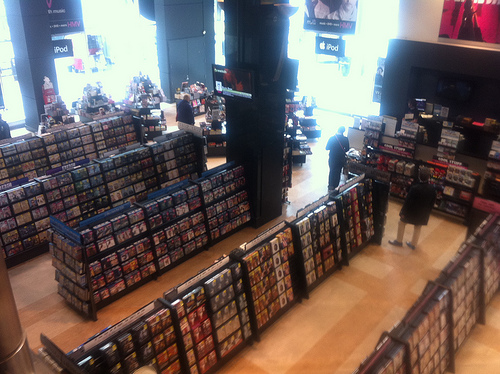A new study has found that people with ‘foreign-sounding names’ are passed over more often than people with English-sounding names by recruiters, even if both candidates have the same level of job experience and same degree. The reason for this may be subconscious discrimination. When recruiters see a foreign name, they may worry that the candidate may not have the social and lingual skills required for the job.
The study found that resumes with English-sounding names were forty percent more likely to get callbacks, compared to resumes with Chinese, Indian, or Greek names, even though all prospective ‘candidates’ had the same level of education and experience, over a range of professional fields.
In Canada, we advertise our ‘multicultural society’ as a benefit to skilled immigrants in search of a better life and job, that they will be accepted and treated like an average Canadian citizen no matter what ethnicity. However, if skilled immigrants cannot find jobs because of their name, that is an inherent contradiction of that belief and raises interesting questions about bias and prejudice in the recruiting process and HR hiring practices.






